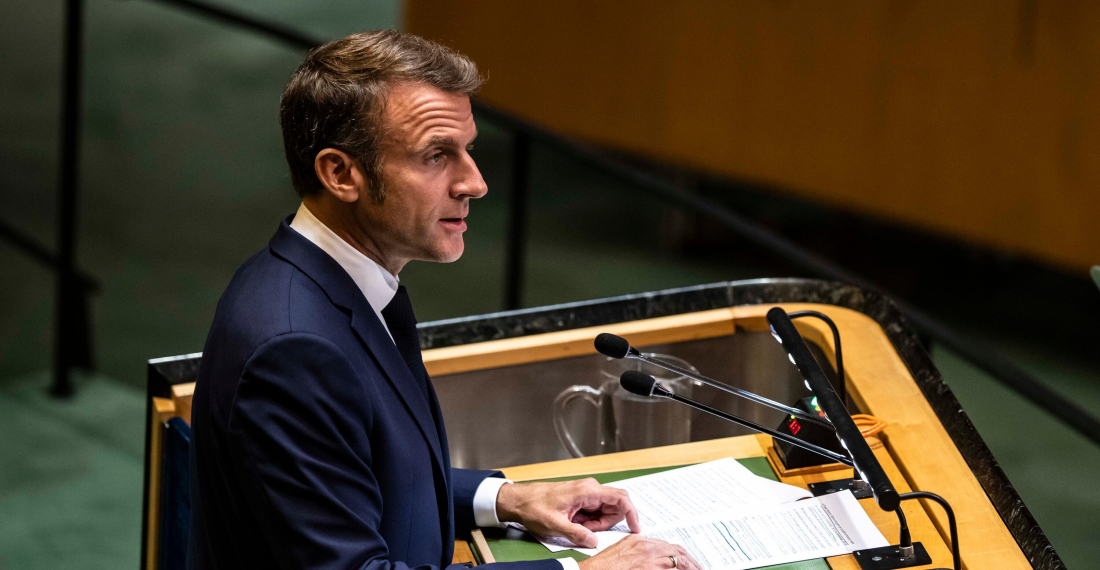French President Emmanuel Macron announced on X last night (24 July) that France will officially recognise the State of Palestine at the United Nations General Assembly in September. He described this as a "solemn" act in support of a lasting and just peace in the Middle East.
In the post, Macron called for an immediate ceasefire in Gaza, the release of all hostages, massive humanitarian aid, and the demilitarisation of Hamas. He underscored France’s long-standing commitment to the two-state solution and said the move aligns with its historic role in supporting peace efforts.
While other European countries such as Norway, Ireland and Spain have already recognised the state of Palestine, France will be the first G7 member to do so. The decision provoked sharp criticism from Israel and the United States. Israeli Prime Minister Benjamin Netanyahu denounced the move as a “reward for terror” and warned it could pave the way for another Iranian-aligned proxy in the West Bank. Israel’s Defence Minister called it a "disgrace" and a surrender to terrorism. U.S. Secretary of State Marco Rubio labeled the announcement a "slap in the face" to victims of violence on October 7, reinforcing Washington’s rejection of unilateral recognition before negotiations.
In contrast, Palestinian officials welcomed Macron’s statement as a reaffirmation of international law and the right to self-determination. Saudi Arabia, Ireland, and Spain also praised the move, viewing it as a historic step toward a durable two-state solution.
Source: commonspace.eu with Euronews and other agencies.






